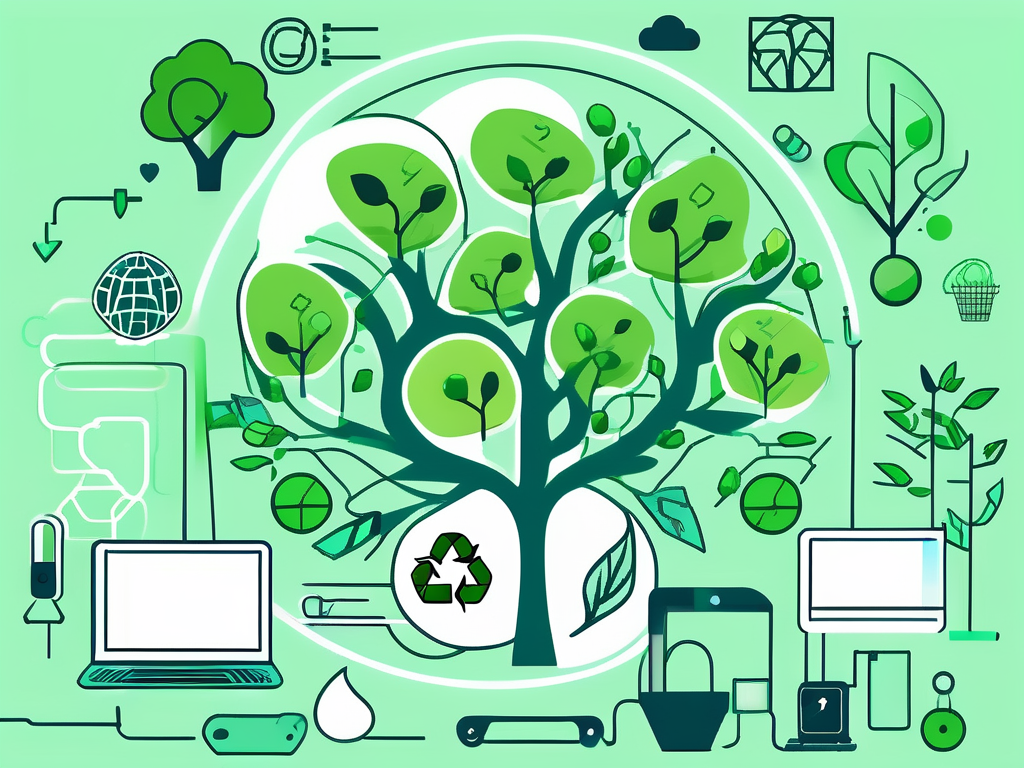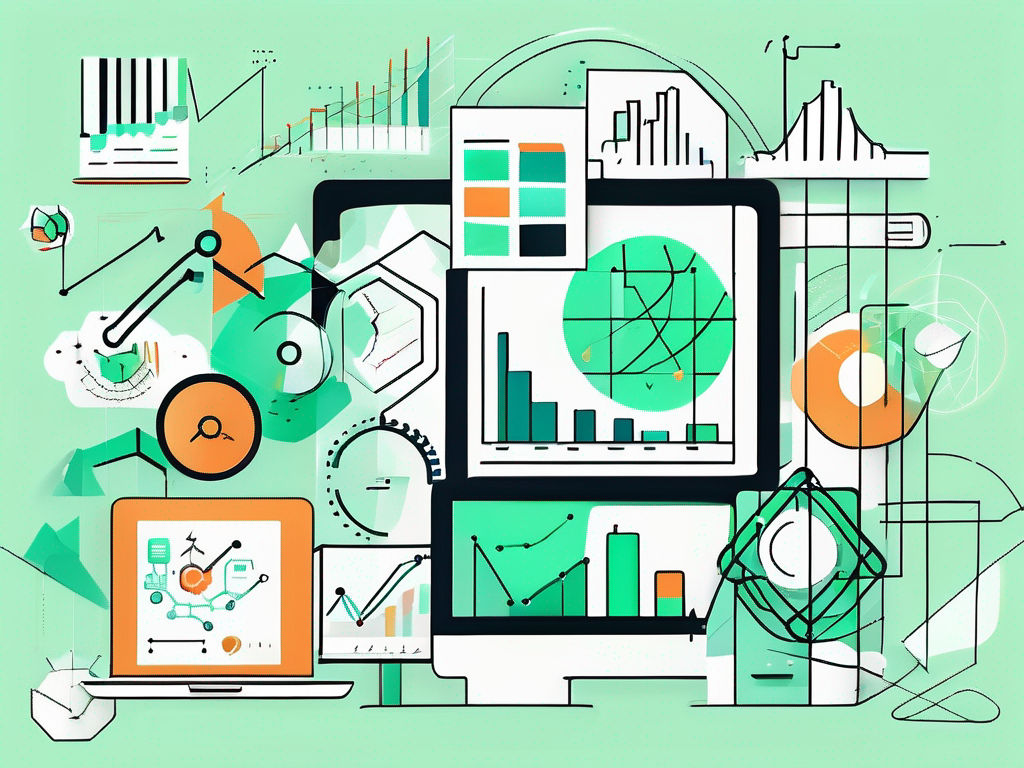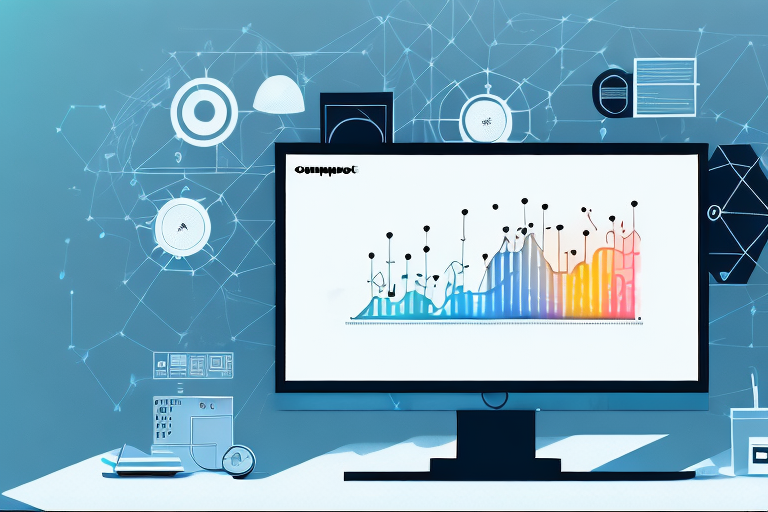.svg)
Sustainable Marketing: How Agencies Can Lead the Charge
.svg)

In an era where environmental consciousness is at the forefront of consumer minds, sustainable marketing has emerged as a pivotal strategy for agencies aiming to align with the values of modern audiences. As the world grapples with climate change and resource depletion, the role of marketing agencies in promoting sustainability cannot be overstated. By adopting sustainable practices, agencies not only contribute to environmental preservation but also enhance their brand reputation and appeal to eco-conscious consumers.
Understanding Sustainable Marketing
What is Sustainable Marketing?
Sustainable marketing refers to the practice of promoting products and services in a way that is environmentally friendly and socially responsible. It involves integrating sustainability into every aspect of marketing, from product development and packaging to advertising and distribution. The goal is to meet the needs of the present without compromising the ability of future generations to meet their own needs.
Unlike traditional marketing, which often prioritises profit over environmental impact, sustainable marketing seeks to balance economic success with ecological and social responsibility. This approach not only helps protect the planet but also builds trust and loyalty among consumers who are increasingly demanding transparency and accountability from the brands they support.
The Importance of Sustainable Marketing
As awareness of environmental issues grows, consumers are becoming more selective about the brands they support. They are looking for companies that share their values and demonstrate a commitment to sustainability. By adopting sustainable marketing practices, agencies can differentiate themselves from competitors and attract a loyal customer base.
Moreover, sustainable marketing can lead to cost savings and operational efficiencies. By reducing waste, conserving resources, and optimising supply chains, companies can lower their environmental footprint and improve their bottom line. This not only benefits the planet but also enhances the long-term viability of the business.
How Agencies Can Implement Sustainable Marketing Practices
Conducting a Sustainability Audit
The first step towards sustainable marketing is to conduct a comprehensive sustainability audit. This involves assessing the environmental impact of current marketing practices and identifying areas for improvement. Agencies should evaluate everything from the materials used in packaging to the energy consumption of digital campaigns.
By understanding their current environmental footprint, agencies can set realistic goals and develop a strategic plan to reduce their impact. This may involve switching to renewable energy sources, minimising waste, or adopting more sustainable materials and processes.
Developing Eco-Friendly Campaigns
Agencies can lead the charge in sustainable marketing by developing eco-friendly campaigns that resonate with consumers. This involves creating messaging that highlights the environmental benefits of products and services, as well as promoting sustainable behaviours among consumers.
For example, agencies can encourage consumers to recycle, reduce energy consumption, or choose products with a lower environmental impact. By aligning marketing messages with sustainability goals, agencies can inspire positive change and build a strong connection with eco-conscious audiences.
Partnering with Sustainable Brands
Another effective strategy for agencies is to partner with brands that share their commitment to sustainability. By collaborating with like-minded companies, agencies can amplify their impact and reach a wider audience. This can involve co-branding initiatives, joint marketing campaigns, or strategic partnerships that promote sustainable products and services.
Working with sustainable brands not only enhances the agency's credibility but also provides opportunities for innovation and growth. By leveraging the expertise and resources of partners, agencies can develop cutting-edge solutions that drive sustainability in the marketing industry.
Challenges and Opportunities in Sustainable Marketing
Overcoming Greenwashing
One of the biggest challenges in sustainable marketing is avoiding greenwashing, which refers to the practice of making misleading claims about the environmental benefits of a product or service. To maintain credibility and trust, agencies must ensure that their marketing messages are accurate, transparent, and backed by evidence.
Agencies can overcome greenwashing by conducting thorough research, using credible certifications, and providing clear and honest information about the sustainability of their products and services. By prioritising authenticity and transparency, agencies can build trust with consumers and avoid the pitfalls of greenwashing.
Embracing Innovation
Sustainable marketing presents a wealth of opportunities for innovation. As consumer demand for sustainable products and services grows, agencies have the chance to develop new and creative solutions that meet these needs. This can involve exploring new technologies, materials, and processes that reduce environmental impact and enhance the customer experience.
By embracing innovation, agencies can stay ahead of the curve and position themselves as leaders in the sustainable marketing space. This not only drives business growth but also contributes to a more sustainable future for all.
Engaging Stakeholders
Successful sustainable marketing requires the engagement of all stakeholders, including employees, customers, suppliers, and partners. Agencies must foster a culture of sustainability within their organisation and encourage all stakeholders to participate in sustainability initiatives.
By involving stakeholders in the development and implementation of sustainable marketing strategies, agencies can ensure that their efforts are aligned with the values and expectations of their audience. This collaborative approach not only enhances the effectiveness of marketing campaigns but also strengthens relationships with key stakeholders.
The Future of Sustainable Marketing
Trends Shaping the Industry
The future of sustainable marketing is being shaped by a number of key trends, including the rise of digital marketing, the growing importance of data analytics, and the increasing demand for personalised experiences. As technology continues to evolve, agencies must adapt their strategies to stay relevant and competitive in the ever-changing marketing landscape.
Digital marketing offers new opportunities for agencies to reach and engage with consumers in a more sustainable way. By leveraging digital platforms and tools, agencies can reduce their environmental impact and deliver more targeted and effective marketing campaigns.
The Role of Technology
Technology plays a crucial role in the future of sustainable marketing. From artificial intelligence and machine learning to blockchain and the Internet of Things, new technologies are transforming the way agencies approach sustainability.
For example, AI and machine learning can help agencies analyse consumer data and develop more personalised and efficient marketing strategies. Blockchain technology can enhance transparency and traceability in supply chains, while the Internet of Things can enable more sustainable product design and manufacturing processes.
Building a Sustainable Brand
As sustainability becomes a key differentiator in the marketplace, agencies must focus on building a sustainable brand that resonates with consumers. This involves developing a clear and compelling brand story that communicates the agency's commitment to sustainability and its impact on the environment and society.
By building a sustainable brand, agencies can attract and retain loyal customers, enhance their reputation, and drive long-term business success. This not only benefits the agency but also contributes to a more sustainable and equitable world.
Conclusion
Sustainable marketing is no longer a niche strategy but a necessity for agencies looking to thrive in a rapidly changing world. By leading the charge in sustainable marketing, agencies can drive positive change, build stronger relationships with consumers, and secure a competitive advantage in the marketplace. As the demand for sustainability continues to grow, agencies have the opportunity to shape the future of marketing and contribute to a more sustainable and prosperous world for all.
Related Posts
Let's
Let’s discuss how we can bring reinvigorated value and purpose to your brand.







.svg)